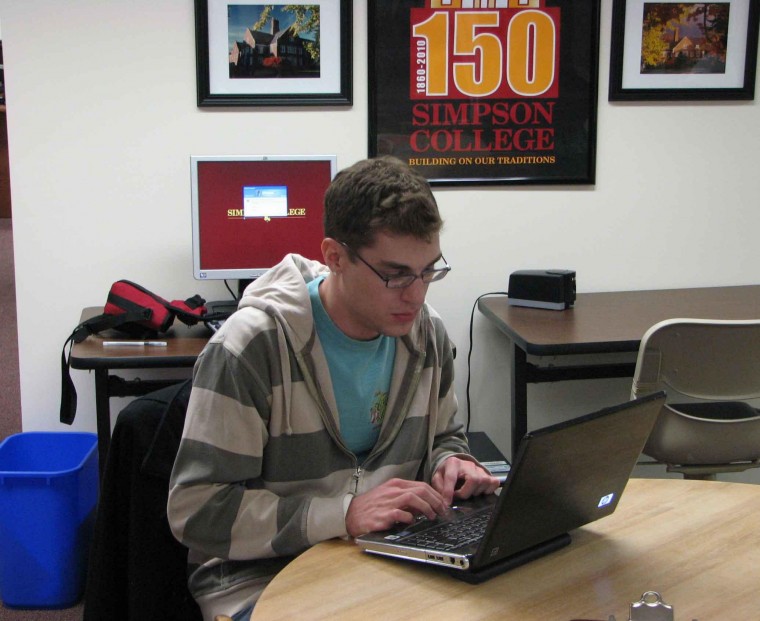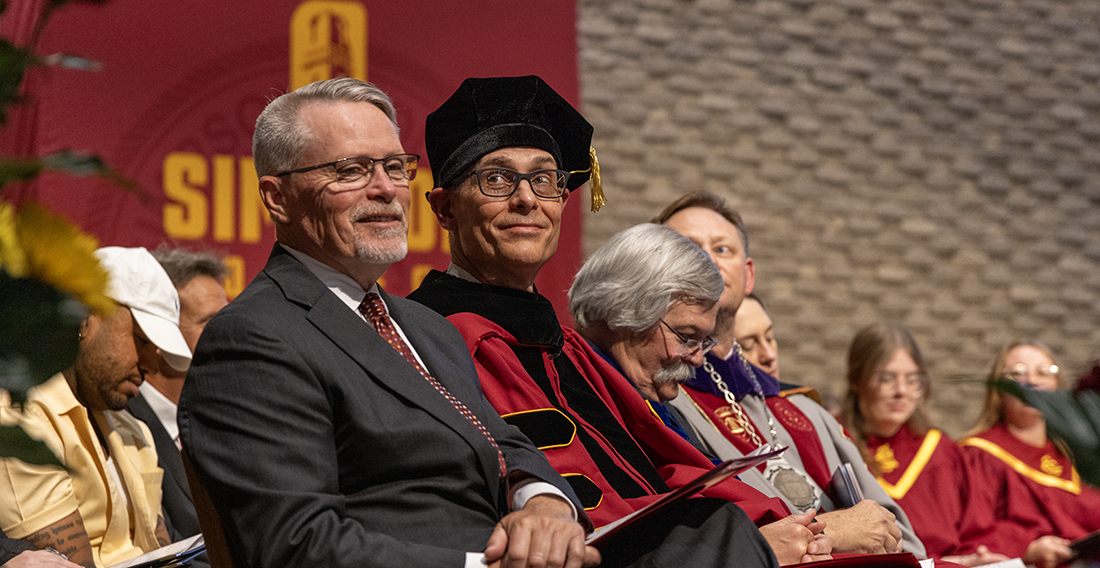Be specific with your goals
January 24, 2011
It’s not always easy maintaining those New Year’s resolutions to study more or get that internship, but we have advice from the experts on campus to make it all a little bit easier.
When setting studying goals at the beginning of the semester it is important to be specific about what you want to achieve.
“Be specific with your goals, set aside study time, but be mindful and don’t set huge chunks of general study time,” said Kara May, assistant director of the Hawley Academic Resource Center. “Being specific will be much more useful then setting a big blanket goal.”
The Hawley Center offers a variety of opportunities to receive help in different areas of study. They offer help in math, writing, science, business and foreign language which all started Sunday, Jan. 16.
“That is not to say that we don’t have tutors for classes that are not listed,” May said. “We might, so it would be best if you are having trouble in one particular class to come see me directly to see if I have staff that can work with you.”
May suggests creating study groups within your classes independently. Many students benefit from working together.
When reading outside of class, May suggests only reading in increments of 15 minutes.
“When you are reading something that you are trying to get a lot of information out of with very hard, formal language you need to spend less time on it, so my rule is 15 minutes and then take a break,” May said. “Get up, walk around, check your Facebook for a minute or two and then come back to it.”
May lists her top four ways to maintaining a successful semester.
“Get a planner if you don’t already have one, make a list daily of things you want to accomplish – don’t make it too long, set specific times aside everyday to study, and go to class,” May said.
Aside from the studying and classes it is also important for students to be searching for that perfect internship.
“Both the fall and spring semesters have a very high interest in internships,” said Jennifer del Pino, director of career services. “We have about one- third as many internships during the summer as in the fall and spring semesters. However, we encourage students to take advantage of the additional time available during the summer to register for an internship.”
Adam Gross, internship coordinator, gives advice on how to get started.
“My first piece of advice would be that it is never too early to start looking for opportunities,” Gross said. “In a digital age, it is easy for students to solely rely on the Internet for their search. The truth is that personal contact is still one of the most effective ways to find and land an internship. Talk to everyone you know and let them know what you’re interested in. I find that most people are happy to help make a connection for a student who is exploring career.”
Once the internship has been set up it is important that it is beneficial for the students.
“After an internship has begun, the student should start a dialogue about goals and objectives with their internship site supervisor,” Gross said. “Goals and objectives should be reviewed a few times throughout the internship. The worse thing a student can do is spend a number of months at an organization and not feel they have gained new skills or develop contacts for future employment.”
Be on the lookout for Career Services’ events throughout the month of February to help you land that internship.






